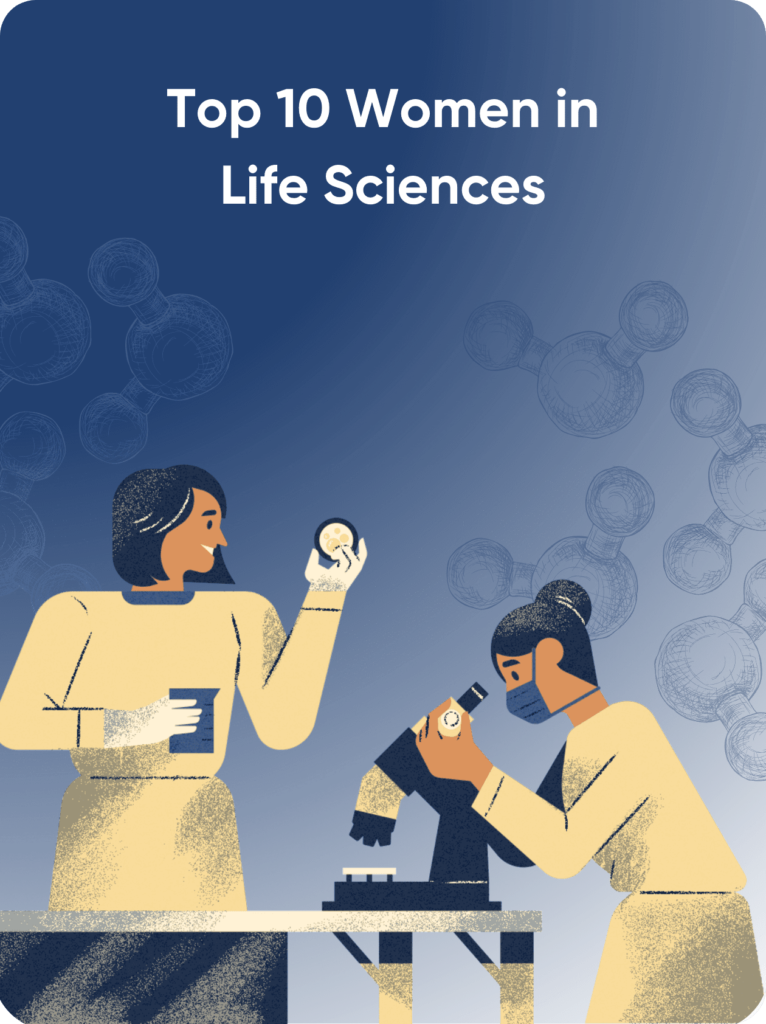
14/06/2024
Cell & Gene Therapy
Stem cell are small building blocks of life that bring hope and debate worldwide. The way they could change medicine and reveal human secrets is amazing. Yet, the mere mention of “stem cells” also stirs up ethical storms.
Let’s explore stem cell, a subject combining science, ethics, politics, and media hype.
Understanding Stem Cell
Stem cells can become any cell in the body, like blank slates waiting to be filled. There are three types of small cells called stem cells. These types are embryonic, adult, and induced pluripotent stem cells (iPSCs). Cells can transform into different types and have the potential to heal and teach us about the body.
New studies show stem cells are important for healing damaged tissue. Adult stem cells have been used to treat diseases like leukemia and lymphoma. Scientists are researching iPSCs to create patient-specific cells for transplantation. This lowers the risk of the body rejecting the cells.
Promises and Potential Applications
Imagine a world where paralysis, Parkinson’s disease, and diabetes don’t cause lifelong suffering. Stem cells hold the promise to rewrite this narrative. Some incurable diseases can be controlled by their ability to fix damaged body parts. They also reveal how diseases start and help find new treatments.
New studies suggest that stem cell treatments may help with neurodegenerative diseases. Scientists are currently studying how stem cells could help people with Parkinson’s disease. This could be a breakthrough treatment.
Ethical Concerns with Embryonic Stem Cell
Now, here’s where the tug-of-war begins. Embryonic stem cells have a lot of potential. However, some people question their moral status because they come from early-stage embryos. People have different opinions about embryos. Some think they might be human life, while others see their potential to help people.
Bioethical literature has debated the moral status of embryos extensively. Various religious perspectives also contribute to the diversity of viewpoints on this matter.
Alternatives: Adult Stem Cell and iPSCs
To sidestep the ethical minefield, scientists turned to adult stem cells and iPSCs. Adult stem cells in various tissues offer a less controversial option. iPSCs are adult cells that imitate embryonic stem cells, avoiding ethical issues. However, these alternatives aren’t without their limitations and challenges.
New research shows that adult stem cells are important for fixing and regrowing tissue. iPSCs have become popular because they can turn into different types of cells.
Explore our current vacancy openings and take the first step towards a fulfilling career with us. Apply for jobs today!
Political and Legal Landscape
Stem cells have traversed political landscapes, often becoming pawns in policy debates. Countries vary in their approach to stem cell research, funding, and regulation. The opinions of the public and political climates affect this research. This creates a changing global situation.
The politics of stem cell research have been studied thoroughly. It focuses on how public opinion and political ideologies affect it. The unequal funding between countries has also raised concerns about fair progress in research.
Scientific and Medical Hurdles
While the dream of personalized stem cell therapies is alluring, there are roadblocks. There are many challenges in this field. Tumor formation is a risk. It’s also hard to steer stem cells to the right cell types. And there are no standardized protocols. Science often dances to the rhythm of trial and error.
New studies have found ways to control stem cell differentiation. They use innovative techniques. This reduces the chance of tumors by testing and taking safety precautions.
High Costs and Commercialization
In our imperfect world, access to revolutionary treatments isn’t equal. Stem cell treatments are costly since they’re experimental and require extensive development. This brings up worries about fair access and ethics when science becomes a business.
The cost of stem cell therapy is complicated. It’s important to think about ethics when selling it. Creating pricing systems that are fair and can last a long time will be key.
Media Sensationalism and Misinformation
Ever heard of miracle stem cell cures? Beware! The media exaggerates the potential of stem cell treatments, creating unrealistic expectations. Because the general public lacks scientific knowledge, misinformation thrives and facts are ignored. This is why open science as a movement is so critical. Disseminating highly technical information to the everyman will help close this gap, lessening the effects of media sensationalism.
Many studies have looked at how the media influences how people see stem cell research. Unrealistic patient expectations can be caused by sensationalized reporting.
Regulation and Oversight
Enter the FDA and its counterparts. They play a critical role in ensuring the safety and efficacy of stem cell therapies. To keep things ethical, safe, and proven, we need proper oversight.
New regulations aim to improve safety and oversight of stem cell treatments. The goal is to reduce the spread of unproven and possibly harmful treatments.
Case Studies: Notable Controversies
Remember the infamous “stem cell tourism”? Individuals seeking unproven treatments in countries with lax regulations created a global buzz. These stories show why balance and ethics are crucial in research.
Experts have studied stem cell tourism. They found cases of bad treatment and harmful effects. These cases underscore the significance of rigorous clinical trials and responsible research practices.
The Path Forward: Informed Discussions and Collaboration
To find common ground in the stem cell debate, there needs to be open conversations. Finding a balance between important research and ethics allows for responsible innovation.
Scientists have been talking about different topics to solve stem cell research issues. They are working together to find solutions. Ethical considerations are being integrated into research agendas, fostering responsible and sustainable advancements.
Stem cells embody both scientific wonder and ethical complexity. These can greatly change medicine, but must be handled carefully to avoid problems. As we learn about stem cells, we should remember that knowledge and facts help us. We can use stem cells ethically and scientifically while considering controversy carefully.
Did you enjoy this blog? Read More Today
Discover even more valuable insights by exploring our other articles today. You’ll find the most recent trends and insightful information about life science, pharma, biotech, and more.
- Global Opportunities: Expanding Your Horizons with ClinicalPro
- Gene Therapy vs Cell therapy
- Beyond the Pill: How Big Pharma is Taking a Holistic Approach to Health Equity
- Think you don’t use a Medical Device? Think again











